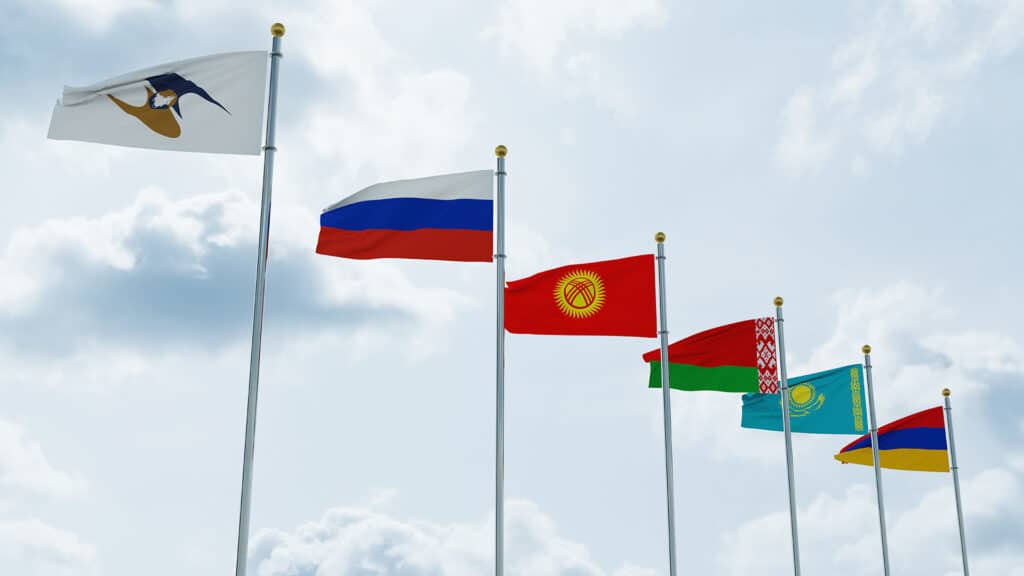Kazakhstan reports slowest wage growth in the Eurasian Economic Union

Between January and September 2024, inflation-adjusted average monthly real wages in Kazakhstan rose by 2.9% year-on-year (YoY), marking the slowest growth rate among the Eurasian Economic Union (EEU) countries, according to the Eurasian Economic Commission.
During the first nine months of the year, nominal wages in Kazakhstan averaged 391,700 tenge ($769), compared to 350,500 tenge ($688) in 2023, representing an 11.8% increase YoY.
Belarus recorded the highest growth in average monthly real wages within the EEU, with a 13% increase YoY. The nominal wage in Belarus reached 2,200 Belarusian rubles ($671), a 19.6% rise and the highest nominal growth rate in the EEU.
In Russia, real wages grew by 9%, while nominal wages increased by 18% to 83,700 rubles ($833). In Armenia, both real and nominal wages increased by 6.6%, with the average nominal salary reaching 280,200 Armenian drams ($702). Real wages in Kyrgyzstan increased by 6.7%, while nominal wages rose by 11.8% to 35,700 soms ($411).
Russia ranks first among EEU countries in terms of nominal wages, followed by Kazakhstan. In dollar terms, the average salaries in these two countries differ by approximately 9%, while the difference in tenge terms is 6.8%. The lowest wages in the EEU are reported in Kyrgyzstan and Belarus.
According to Kazakhstan’s Ministry of Labor, as of Dec. 1, employers owed a total of 4.4 billion tenge (approximately $8.6 million) in unpaid wages — three times more than in May, when the total was 1.5 billion tenge ($2.9 million). Wage arrears affected 18,700 employees across 277 enterprises, who did not receive their wages either partially or fully.
In mid-October, the heads of the Ministry of Finance and Ministry of Economy couldn’t explain why many Kazakhstani workers continue to earn salaries ranging from 150,000 to 300,000 tenge, despite economic growth. They acknowledged the issue and assured that the government is working to improve the population’s well-being.

